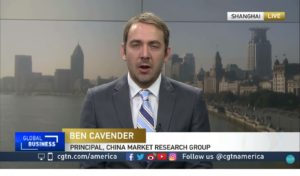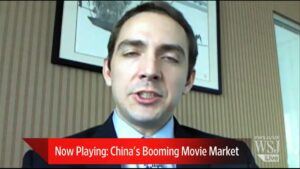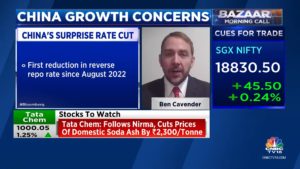
L’Oreal bought this week a second Chinese cosmetic company to strengthen its market position in China, a strategy becoming more common among foreign brands, says branding expert Ben Cavender to Reuters. Fierce domestic competition and a sluggish consumer market are the basis of this change of strategy.
Reuters:
The investment in Lan comes after L’Oreal paid 442 million yuan ($62 million) for a 6.67% stake in Chando, as disclosed by the Shanghai-based company last month in its prospectus for an IPO in Hong Kong.
China has been challenging for international players, as an increasing proportion of its $75 billion beauty and personal care market has been won in recent years by domestic brands, dubbed C-Beauty. At the same time, overall growth has slowed, with consumer confidence hit by a prolonged property crisis and widespread concerns about job stability.
Buying stakes in well-known domestic names could be a shortcut for L’Oreal to piggyback on C-beauty’s momentum, said Ben Cavender, managing director at Shanghai-based China Market Research Group.
“L’Oreal and other international brands face a tremendous amount of pressure from domestic brands that are iterating new products faster, and often have been more aggressive at marketing new skincare ingredients, concepts, and routines,” he said.
Following its third-quarter earnings last month, L’Oreal CEO Nicolas Hieronimus said the group’s China business grew around 3% in the quarter, its first increase in two years.
Ben Cavender is a speaker at the China Speakers Bureau. Do you need him at your meeting or conference? Do get in touch or fill in our speakers’ request form.
Are you looking for more consumption experts? Do check out this list.



